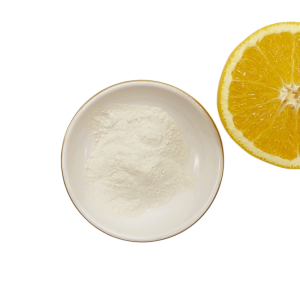Molybdenum is an essential micronutrient used in fertilizers for several important reasons:
1. Nitrogen Fixation:
Molybdenum is essential for the activity of the enzyme nitrogenase, which is involved in nitrogen fixation. This process allows legumes and certain other plants to convert atmospheric nitrogen into a usable form that promotes healthy growth.
2. Function of enzyme:
It plays a role in various enzymatic processes, including those involved in sulfur metabolism and the conversion of nitrate to ammonium. This is essential for protein synthesis and overall plant health.
 |
Amino Acid Chelate Molybdenum (AminoMo)
Total Amino Acid Contenr: 25%-30% Nitrogen: 10% Micro elements chelation(Mo): 10% |
 |
3. Chlorophyll Production:
Molybdenum aids in chlorophyll synthesis, which is essential for photosynthesis. Adequate molybdenum levels help ensure that plants can efficiently convert sunlight into energy.
4. Increase crop yield:
Fertilizers can improve crop yield and quality, especially legumes and other crops that rely on nitrogen fixation, by ensuring plants have enough molybdenum.
5. Defect Prevention:
Adding molybdenum to fertilizers can help prevent molybdenum deficiency symptoms such as chlorosis and stunted growth, ensuring plants remain healthy and productive.
In conclusion:
Molybdenum in fertilizers is essential for promoting healthy plant growth, improving nitrogen fixation and increasing overall crop yields. Proper application of molybdenum-containing fertilizers can significantly benefit agricultural practices.
For more information, please feel free to contact us:Info@g-teck.net
Post time: Oct-14-2024




